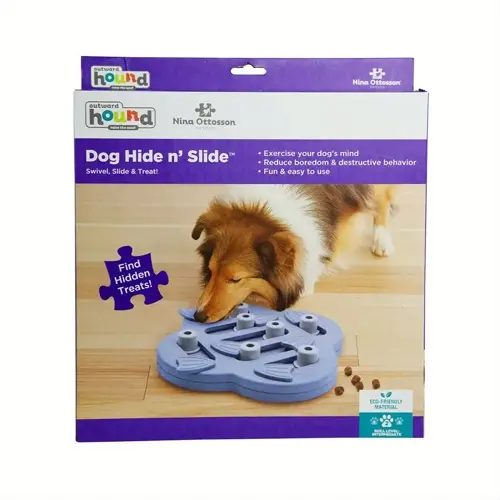What are clear signs of overfeeding a puppy?

Written by
Wang Jiahao
Reviewed by
Prof. David Walsh, Ph.D.Feeding puppies too much exposes them to serious health risks which are often overlooked. Excessive feeding can cause rapid growth of bones and joints, which may be detrimental. The digestive organs become upset by the large amount of food. Obesity leads to serious results, such as diabetes later in life. Recognizing the first indications can avert damage that cannot be repaired.
Portion Correction
- Reduce food by 10% immediately
- Use measuring cups not estimation
- Weigh puppy every 3 days
- Adjust until ideal growth resumes
Meal Timing Adjustments
- Split daily food into smaller meals
- Add 10 minutes to feeding intervals
- Stop evening meal before 6 PM
- Remove food after 20 minutes
Veterinary Consultation
- Seek help if vomiting persists
- Discuss metabolic testing needs
- Request body condition scoring
- Create personalized feeding plan
Growth monitoring prevents excessive overfeeding. Weigh your puppy at least weekly on baby scales. Log results on a growth chart. Compare the results to breed-specific standards. Healthy puppies gain 2-4% weekly. If the gain is higher than this, reduce the portion immediately.
The choice of feeding tools can influence portion control. Use dry measuring cups instead of drinking glasses. Kitchen scales measure in grams for accuracy. Slow-feeder bowls can stop a pet from ravenously eating. Puzzle toys can take a meal to hours instead of minutes. These tools can reduce inadvertent overfeeding.
Special situations ask for special expertise. Large breed puppies should be limited to specific calorie counts. Rescued puppies may develop food anxiety. Dogs recovering from an illness may require temporary alternation of their meals. Always consult your veterinarian before making any significant changes to your pet's diet.
Read the full article: Puppy Feeding Schedule: Complete Guide

